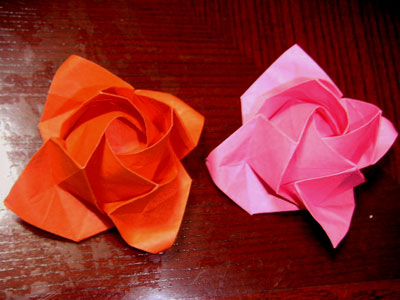So far = a long distance
"My office is so far from my house; it takes 2 hours by train." This sentence has a negative nuance.
"My office is so far from my house; it takes 2 hours by train." This sentence has a negative nuance.
So far = until now (optimistic)
Kazuko: "How many people are coming to the party?"
Kenichi: "So far, 12 people have bought tickets."
So far = yet (pessimistic)
Minaho: "How's your new microwave oven?"
Takashi: "No problems so far."
So far so good = no problems yet (happy but slightly pessimistic)
Kentaro: "How's your new microwave oven?"













